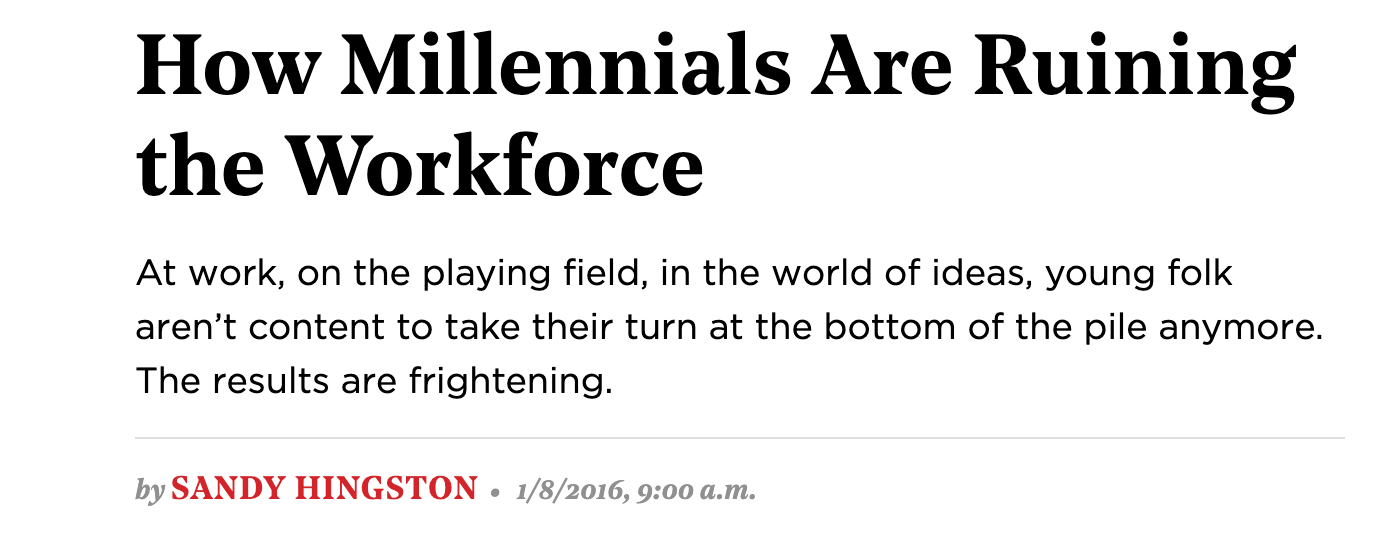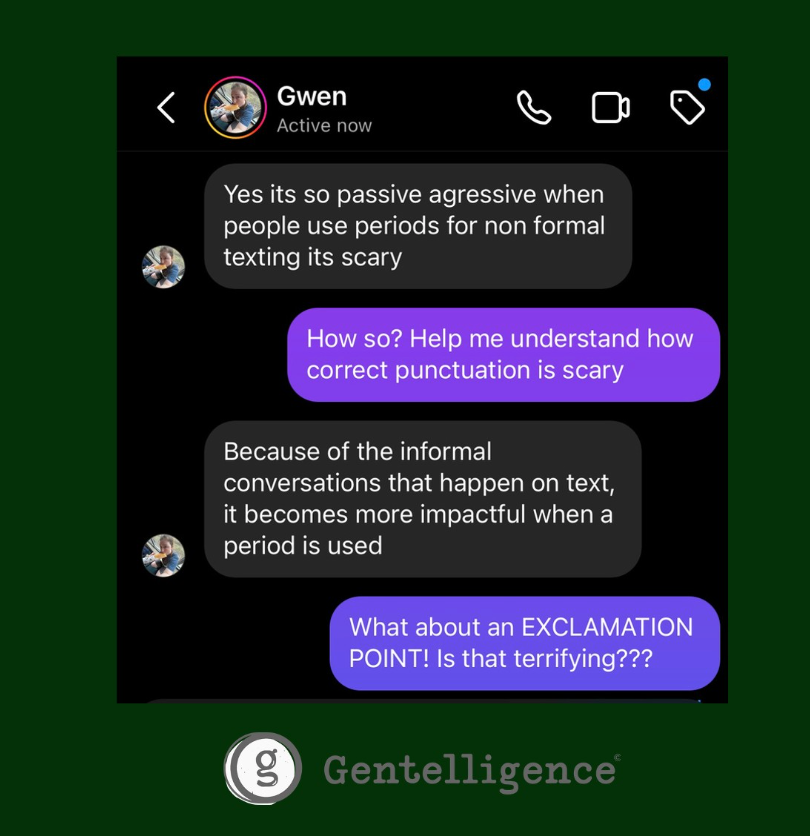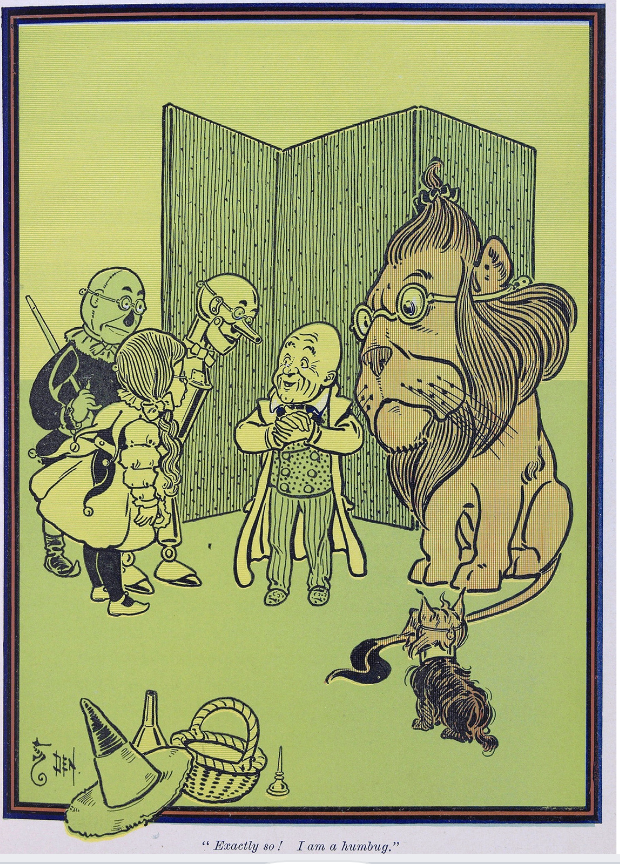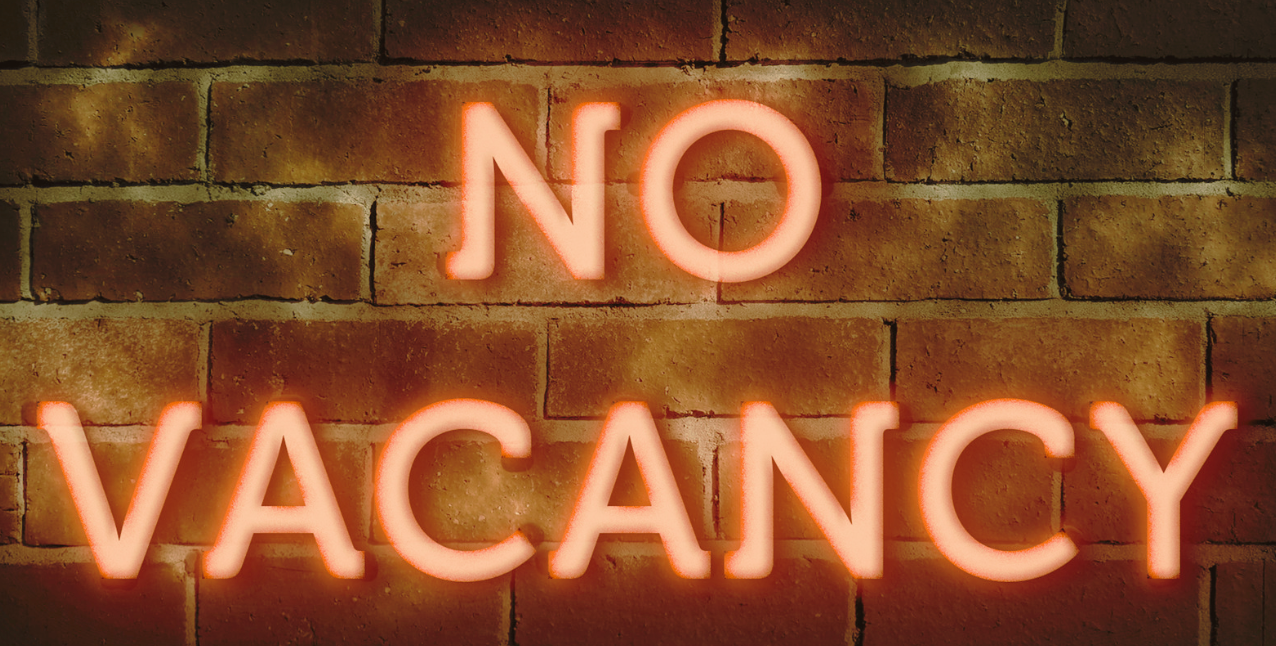Thank You, Next…We’ll Wait for the Next Generation Instead
I have bad news.
Based on all the clickbait headlines clogging up my newsfeed lately, the narrative we are now supposed to believe is that employers “don’t want to hire Gen Z”. (Hint: This is not the bad news)
If you don’t want to hire Gen Z (that’s an entire generation made up of 69.3 million people in the United States alone) then I’m not sure what the talent strategy is here. Skip over 15 years of workforce? Is the plan to wait for the next generation because you don’t like this one?
Here comes the bad news: you won’t like the next generation either.
They, just like Gen Z, will bring an entirely different set of generational norms yet to be formed in response to the world they are trying to navigate. The challenges will be different, but they will still be ones rooted in misaligning norms and different preferences for approaching work.
Gen Z is upsetting the workplace because they are bringing their new norms and ways of thinking into the workplace, vocalizing needs older generations are either uncomfortable with or begrudge them asking for, usually because we wish we had been able to ask for the same things. They are also creating new challenges: Gen Z has all kinds of new things to learn and work on and develop to become fully polished professionals, just as we all did (and likely still do).
How do I know this problem isn’t going to be solved by waiting for the next generation to come along?
Exhibit A:
We also disliked the Millennials when they arrived in the workplace for the same reasons: new norms. Too bold. Asking for things we didn’t ask for that we didn’t think they should have because we didn’t get to have them.

Exhibit B:
Gen X was met with the same scorn, those slackers who had the audacity to ask for work/life balance. Those rascals!


And if we want to go back further, I present Exhibit C, a reminder that the Baby Boomers were not always crowd favorites either:
Here’s a quote from The Guardian, speaking about the year 1966, when the oldest Boomers were just 24 years old, a bit younger than our oldest Gen Zs right now:
“It was a year when audacious ideas and experiments were at a premium in the mass market and in youth culture, with a corresponding reaction from those for whom the rate of change was too quick. The more the young pushed forward, the more the adults pushed back.”
How about another?
“Never have the young been so assertive or so articulate, so well educated or so worldly. Predictably, they are a highly independent breed, and—to adult eyes—their independence has made them highly unpredictable. This is not just a new generation, but a new kind of generation.”
The latest on Gen Z? Nope, it’s a quote from TIME Magazine’s 1966 Man of the Year issue. The “Man” of the Year they were talking about? The Baby Boomer. That exact quote could be said when any new generation moves into the workplace. Highly unpredictable.
That’s what I love about different generations. We don’t need more of us (whoever we are). We have millions of people across generations in the workplace. Let’s add the latest wave of new thinking, different perspectives, and unpredictable norms. That’s how we determine whether our tried and true practices and processes are still relevant and important, or whether the time has come to revisit and update them to better serve all of us (not just those pesky members of the newest generation).
That’s not to say we need to replace all of our past generational norms because Gen Z has different ones. It’s about reframing the judgment we bring to age and generational difference, and getting comfortable with being willing to teach as well as learn from people who are significantly younger and older than we are. That’s Gentelligence.
But Employers Don’t Want to Hire Gen Z, the headlines tell me so…



This is just silly. Gen Z currently composes 18% of the US workforce. They range from 12 years old to 27 years old. How exactly will you fill your talent pipeline for the next decade? I’m all for hiring employees of all generations and life stages. Retain and recruit those Baby Boomers, engage us Gen Xers, and support those Millennials! But we don’t get to skip over an entire generation of people because they need different kinds of development than we did.
How about changing the way we are framing generational differences instead, viewing the chance to both teach and learn from those younger and older as a strategic talent opportunity, rather than this ridiculous shaming and negativity? That seems more promising than skipping over an entire generation in our workforce because we don’t yet understand them.
I’ll leave you with a few words spoken by those wiser than me, just to remind us this isn’t a new problem, and it’s not going to be solved with the same resistance we have been using so far. It’s time for Gentelligence®.
“The children now love luxury; they have bad manners, contempt for authority; they show disrespect for elders and love chatter in place of exercise. Children are now tyrants, not the servants of their households.”
-Attributed by Plato to Socrates
Each generation imagines itself to be more intelligent than the one that went before it, and wiser than the one that comes after it.
-George Orwell,
The young do not know enough to be prudent, and therefore they attempt the impossible – and achieve it, generation after generation.
-Pearl S. Buck













